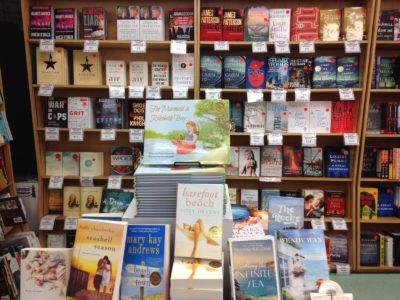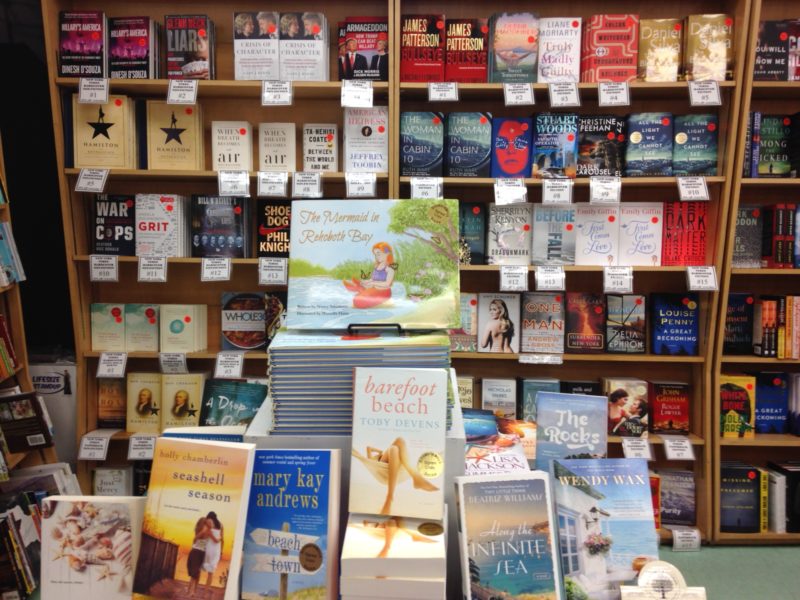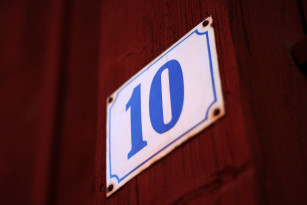Why Won’t Local Bookstores Carry My Book?

Bookstores and self-published writers
Self-published authors often assume that bookstores will snap up their book, display it prominently, and sell it aggressively. When their local bookstore doesn’t want their book, it comes as a shock.
Common reasons for rejection
- Your book has not been edited properly. If your book is not structured well, or if it contains typos, grammatical mistakes, punctuation errors, formatting issues, or mechanical problems, it reflects poorly not only on you but also on the store that carries your book.
- Your book contains factual errors. Common problems include incorrect or misspelled street names; objects, locations, or character names that didn’t exist in the time period you are writing about; incorrect professional procedures or terminology; and character names or traits that change mid-book.
- Your book has a terrible cover. Books with amateurish covers are difficult to sell. Covers must be attractive, reflect the book’s content, and have a title that can be read from a distance.
- Your book is not very good. This is a tough one, and chances are the bookstore folks will never actually say this to you, but bookstores cater to readers. Sophisticated readers. They do not want to stock books they cannot recommend. With self-publishing, there is no screening process—anything that someone wants to publish gets published. If stores are repeatedly turning your book down, get some advice from a professional developmental editor or critical readers with publishing experience.
- Your book contains something that could result in a lawsuit. If you write about real people (or even just name real people in a book of fiction), include actual places or brands of products, use photographs or previously published material (even your own) without legal permission, or discuss events or people that are already involved with legal actions, your book could be the target of a lawsuit that names not only you but also any bookstores that sold the book.
- There is simply no space. Most independent bookstores are generous in their support of local authors. But let’s face it, are they likely to sell more copies of your book or the latest James Patterson? Every inch of space in a store is valuable and independent bookstores are struggling to remain profitable. With so many writers self-publishing their work, stores must limit the number of local books they stock.
- The audience for your book is too small or too specialized. You may think the boat-tailed grackle is a fascinating bird, but your book of poetry devoted to the species will probably not appeal to many customers. Likewise, your memoirs, that story your children loved, and a book of recipes from grandma. Bookstores are businesses, and if your book has a very narrow target audience, it will not be a profitable product for the store.
When you market your book to local bookstores you are competing not only with other self-publishers but also with large commercial publishers. Present yourself and your book professionally. Respectfully request consideration—don’t assume the store will carry your book—and let the store know what you will do for them. Offer promotional materials and social media support, signings or events, and have an attitude that conveys you will be easy to do business with. In short, make it as easy as possible for them to say “yes.”
Save









